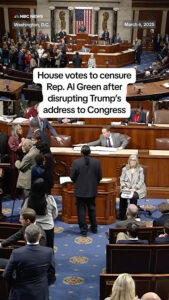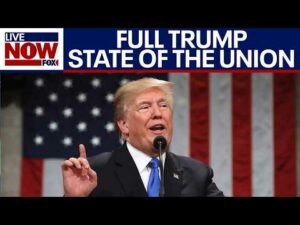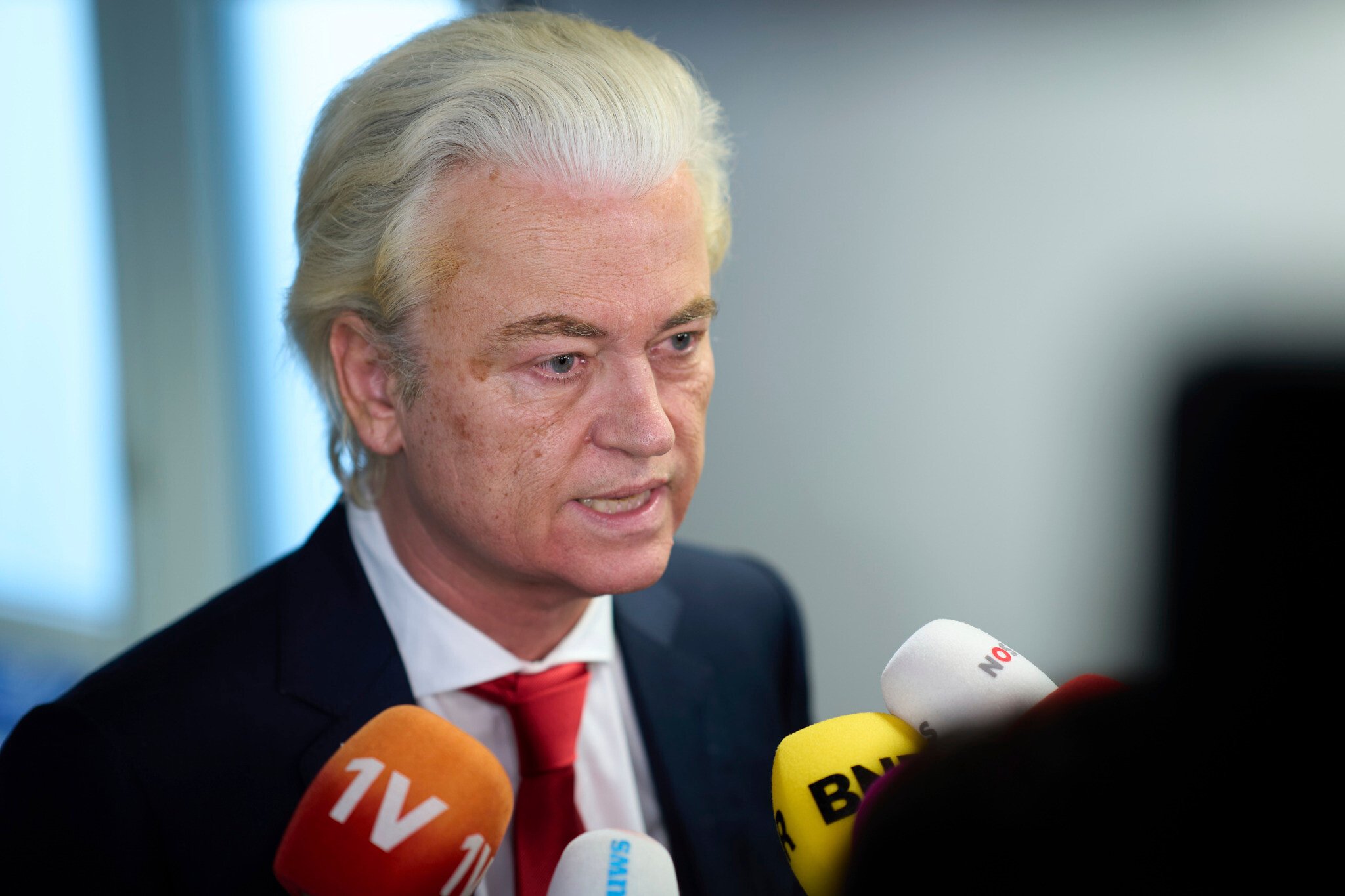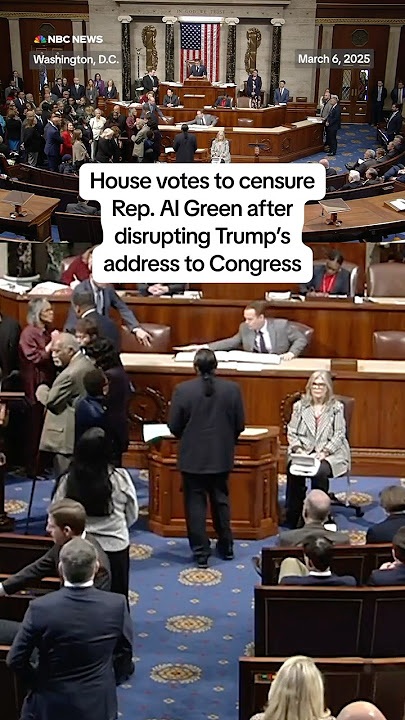The Collapse of the Dutch Government: Geert Wilders and the Future of Dutch Politics
The recent news that the Dutch government collapses has sent shockwaves across Europe and beyond. This political upheaval is primarily tied to the actions of far-right leader Geert Wilders, who stepped away from the ruling coalition. In this blog post, we will dive deep into the implications of this development, the reactions from various political entities, and what it means for the future of governance in the Netherlands.
What Led to the Collapse?
According to an article from Times of Israel, the Dutch government collapsed after Geert Wilders quit the coalition over disagreements on immigration policies. Wilders, the leader of the Freedom Party (PVV), has been a controversial figure in Dutch politics, known for his harsh stance against immigration and Islam. His departure not only signifies a shift in the governance of the Netherlands but also raises questions about the stability of the region as a whole.
The Impact on Dutch Governance
The implications of this collapse are profound. Firstly, it marks a significant shift in the political landscape of the Netherlands. The coalition government, once stable, is now in disarray, leading to uncertainties in policy-making and governance. As HR professionals and business leaders, understanding this political instability is crucial as it influences both domestic and international business environments.
Geert Wilders: A Polarizing Figure
Geert Wilders has been a dividing force in Dutch politics. His rhetoric often appeals to nationalist sentiments, targeting immigration as a major issue. Many voters support him for promising to take a hardline approach to these topics, while others criticize him for fostering division and intolerance. This collapse highlights the growing polarization in politics, where far-right ideologies are gaining traction in various parts of Europe.
Public Reaction and Protests
In the wake of the news, public demonstrations erupted across major cities in the Netherlands. Supporters of Wilders hailed his decision, believing it authenticates their fight against immigration policies they perceive as too lenient. Conversely, numerous protests emerged from opposition groups, advocating for unity and a more inclusive society. As political sentiments intensify, business leaders should monitor these public movements as they could impact economic conditions.
What’s Next for the Netherlands?
The immediate response from Prime Minister Mark Rutte was to call for new elections. However, re-establishing a stable coalition will prove challenging given the current divisions in political opinions among the populace. Analysts predict that this could lead to a fractured parliament, with more parties vying for power and less coalition stability, potentially prolonging the political uncertainty in the Netherlands.
Implications for Business and Economy
For HR professionals and business leaders, the political upheaval in the Netherlands carries several implications:
- Recruitment and Talent Retention: Political instability can affect employee sentiment and job security perceptions. Companies may need to rethink recruitment strategies and focus more on retaining talent during uncertain times.
- International Relations: With the Netherlands being a significant player in the EU, changes in governance can impact trade and international agreements. Companies engaged in export-import businesses may need to prepare for unforeseen changes.
- Consumer Confidence: The overall economic climate and governmental policies often dictate consumer behavior. A dip in confidence can result in lower spending, impacting business revenues.
- Adaptation of HR Policies: Companies might have to revisit their HR policies to adapt to changing labor laws resulting from a new government or changing political landscape.
The Role of AI in Navigating Political Change
As businesses navigate this turbulent political landscape, employing artificial intelligence (AI) can be crucial. AI consulting can help organizations understand market trends better, gather insights from vast datasets related to consumer behavior during political unrest, and automate business processes to ensure continuity.
Utilizing n8n Workflows for Business Process Automation
Integrating tools like n8n can aid businesses in automating workflows, which is essential during times of uncertainty. With n8n, companies can streamline operations, manage data, and even enhance customer engagement without the need for extensive manual intervention. This level of efficiency can lead to cost savings, improved service delivery, and ultimately, a stronger market position amidst political upheaval.
Conclusion
The collapse of the Dutch government, spearheaded by Geert Wilders’s recent withdrawal from the coalition, signifies a critical moment in Dutch politics. This situation offers invaluable insights for business leaders and HR professionals about the intricate links between government policies, economic stability, and business operations. By keeping a close eye on developments and utilizing innovative solutions like AI and n8n workflows, organizations can better prepare for any challenge ahead.
As the situation evolves, it is imperative for companies to stay informed and agile, adapting their strategies to maintain their competitive edge in an increasingly volatile environment.








